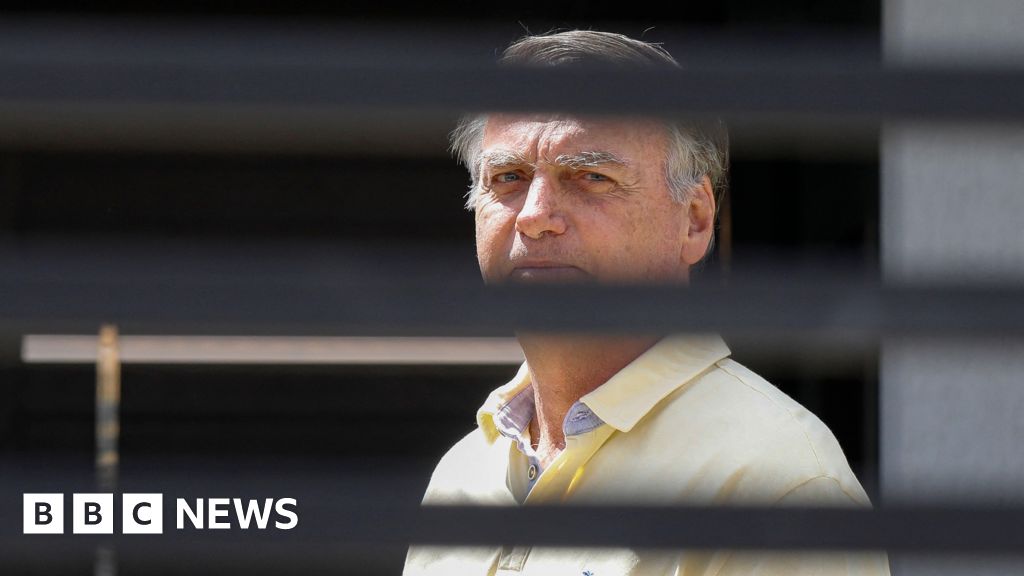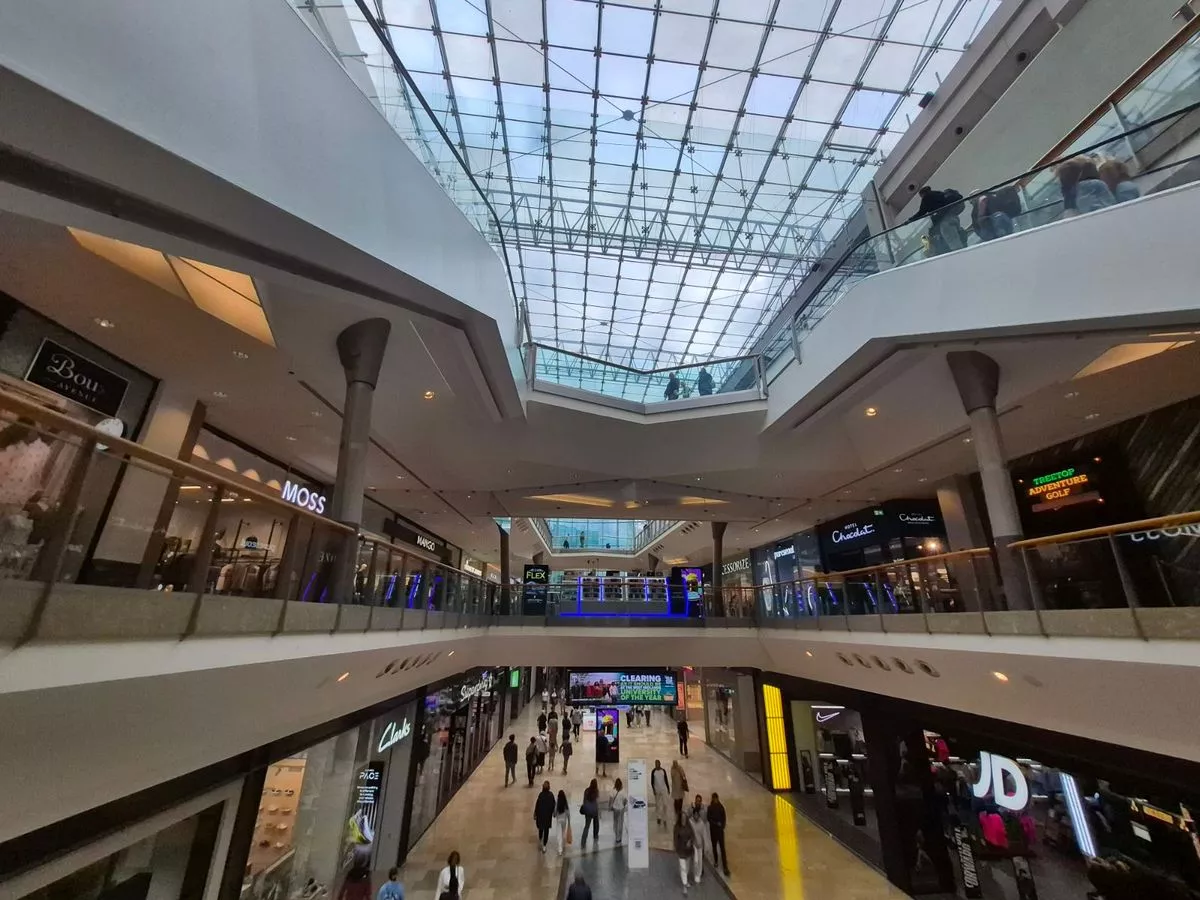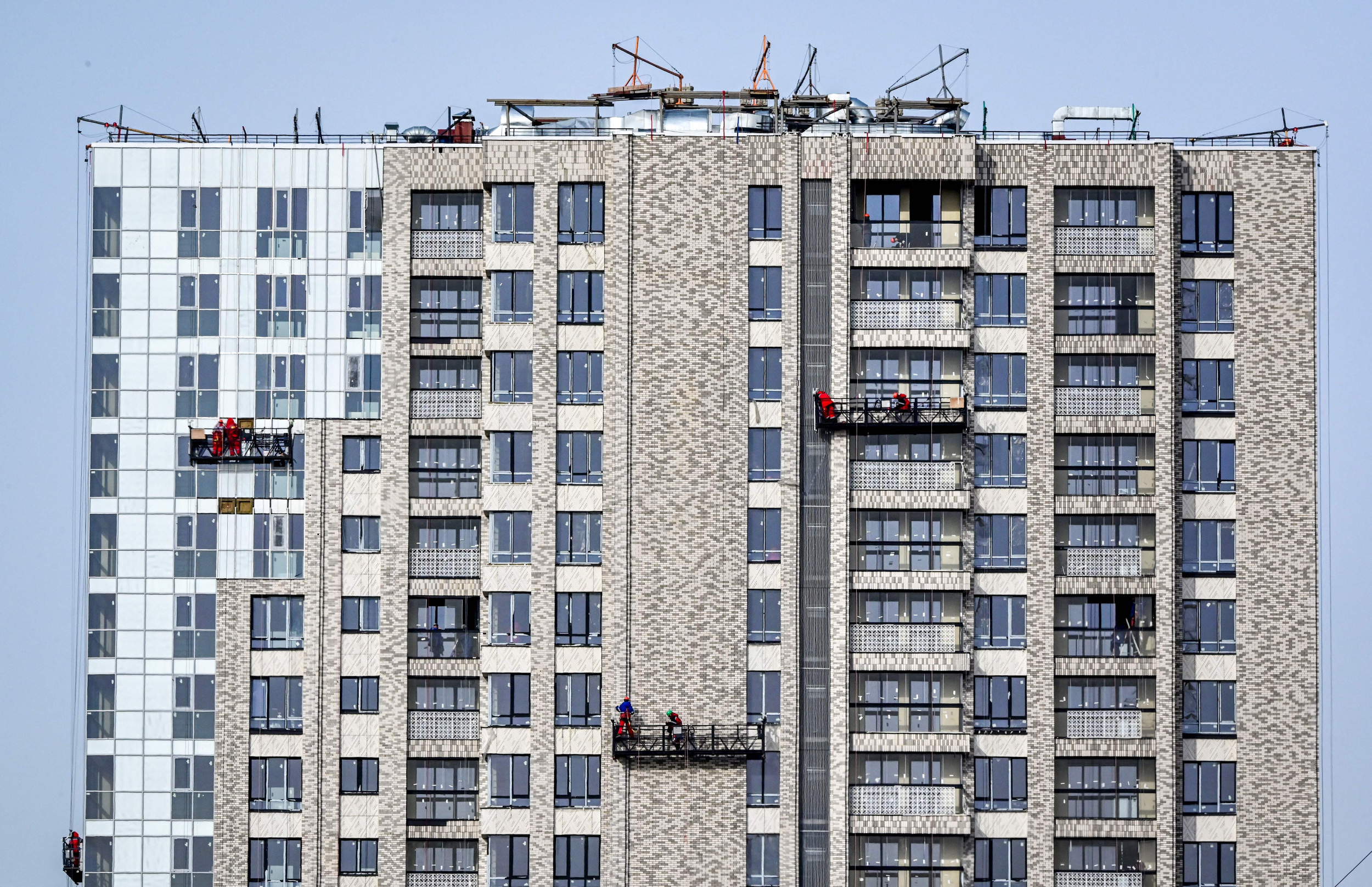By Caio Quero
Copyright bbc

Because of his inflammatory rhetoric, Bolsonaro was never taken seriously by most of Brazil’s political establishment before becoming president.
In July 2018, three months before the election, I was BBC Brasil’s São Paulo bureau chief. In conversations with pollsters, politicians and business leaders, the consensus was clear: despite leading in most polls, Bolsonaro could not win; he lacked the machinery of a major party and his support would quickly fade once television campaigning began.
Bolsonaro was a former army official, who left the forces after campaigning for higher military pay and being accused – then acquitted – of plotting a bombing as part of salary protests in the 1980s.
He then began a three-decade career as a congressman, building a persona on incendiary statements and defence of the military dictatorship that ended in 1985.
What was Bolsonaro convicted of and what happens next?
For decades, he was a constant presence on television talk shows where he railed against democracy and praised authoritarian rule.
In a 1999 interview, he said that as president, he would stage a coup on his first day and “finish the work” of the dictatorship by killing 30,000 people. The first, he said, would be the then-president, Fernando Henrique Cardoso.
All through his seven terms in Congress, Bolsonaro remained on the fringes of Brazil’s political establishment – an outsider.
But in 2018, Brazilians were hungry for just that.
The country had endured five years of turmoil: mass protests in 2013, a deep recession, the impeachment of President Dilma Rousseff in 2016, and the sweeping “Car Wash” investigation.
That probe implicated politicians across the political spectrum, but hit hardest the Workers’ Party (PT) of Rousseff and Lula, who had governed Brazil from 2003 to 2010.
In April 2018, Lula – the immensely popular former president who had left office with approval ratings above 80% – was jailed on corruption charges later annulled by the Supreme Court. To many Brazilians, every politician seemed compromised.
Bolsonaro saw his opportunity.
Mostly through social media, he managed to gather a broad coalition; the middle and lower-middle classes frustrated with the PT and the sense of widespread corruption; a conservative evangelical community that already represented more than 26% of the population; elements of the police and military; far-right militants; business sectors dissatisfied with the economy; and – probably most important – millions of ordinary Brazilians who simply believed it was time for a change.
In October 2018, that coalition turned out in force to vote him into power. His presidency looked nothing like any Brazilian government since the country’s return to democracy in the 1980s.



